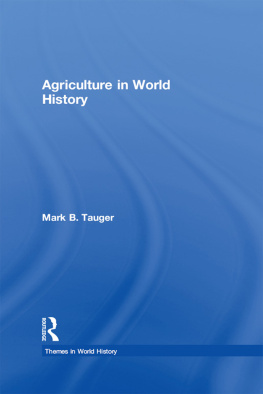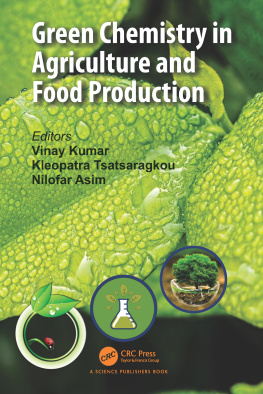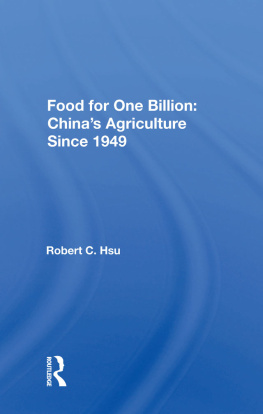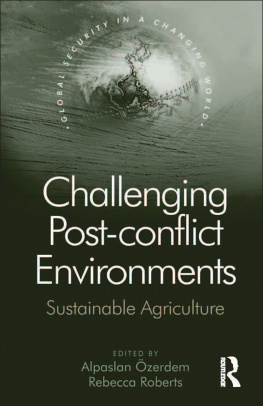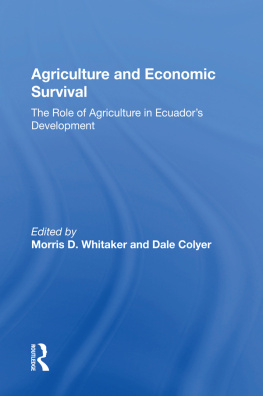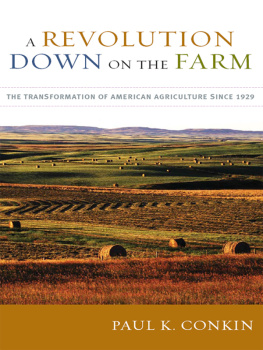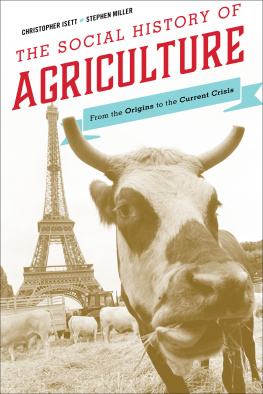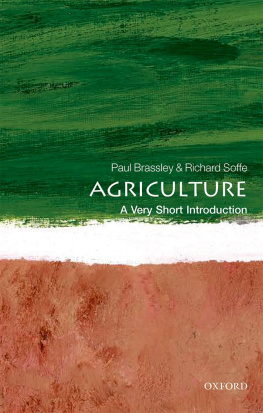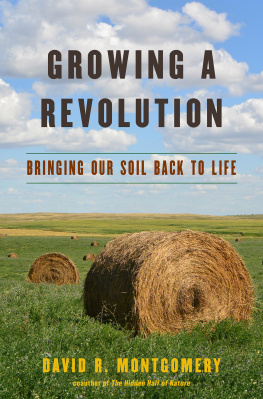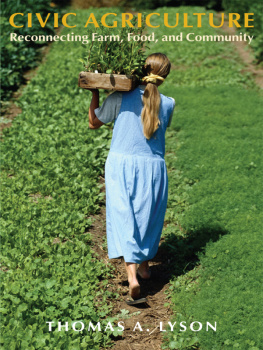Agriculture in World History
Civilization from its origins has depended on the food, fiber, and other commodities produced by farmers. In this unique exploration of the world history of agriculture, Mark B. Tauger looks at farmers, farming, and their relationships to non-farmers from the classical societies of the Mediterranean and China through to the twenty-first century.
Viewing farmers as the most important human interface between civilization and the natural world, Agriculture in World History examines the ways that urban societies have both exploited and supported farmers, and together have endured the environmental changes and crises that threatened food production.
Accessibly written and following a chronological structure, Agriculture in World History illuminates these topics through studies of farmers in numerous countries all over the world from antiquity to the contemporary period. Key themes addressed include the impact of global warming, the role of political and social transformations, and the development of agricultural technology. In particular, the book highlights the complexities of recent decades: increased food production, declining numbers of farmers, and environmental, economic, and political challenges to increasing food production against the demands of a growing population. This wide-ranging survey will be an indispensable text for students of world history, and for anyone interested in the historical development of the present agricultural and food crises.
Mark B. Tauger is an associate professor of history at West Virginia University. He has published extensively on famines and agriculture in the USSR and India. His work has won the Eric Wolf Prize of the Journal of Peasant Studies and the Wayne D. Rasmussen Award of the Agricultural History Society.
Themes in World History
Series editor: Peter N. Stearns
The Themes in World History series offers focused treatment of a range of human experiences and institutions in the world history context. The purpose is to provide serious, if brief, discussions of important topics as additions to textbook coverage and document collections. The treatments will allow students to probe particular facets of the human story in greater depth than textbook coverage allows, and to gain a fuller sense of historians analytical methods and debates in the process. Each topic is handled over time allowing discussions of changes and continuities. Each topic is assessed in terms of a range of different societies and religions allowing comparisons of relevant similarities and differences. Each book in the series helps readers deal with world history in action, evaluating global contexts as they work through some of the key components of human society and human life.
Gender in World History
Peter N. Stearns
Consumerism in World History:
the global transformation of desire Peter N. Stearns
Warfare in World History
Michael S. Neiberg
Disease and Medicine in World History
Sheldon Watts
Western Civilization in World History
Peter N. Stearns
The Indian Ocean in World History
Milo Kearney
Asian Democracy in World History
Alan T. Wood
Revolutions in World History
Michael D. Richards
Migration in World History
Patrick Manning
Sports in World History
David G. McComb
The United States in World History
Edward J. Davies, II
Food in World History
Jeffrey M. Pilcher
Childhood in World History
Peter N. Stearns
Religion in World History
John Super and Briane Turley
Poverty in World History
Steven M. Beaudoin
Premodern Travel in World History
Steven S. Gosch and Peter N. Stearns
Premodern Trade in World History
Richard L. Smith
Sexuality in World History
Peter N. Stearns
Globalization in World History
Peter N. Stearns
Jews and Judaism in World History
Howard N. Lupovitch
The Environment in World History
Stephen Mosley
Agriculture in World History
Mark B. Tauger
Agriculture in World History
Mark B. Tauger

First published 2011
by Routledge
2 Park Square, Milton Park, Abingdon, Oxon OX14 4RN
Simultaneously published in the USA and Canada
by Routledge
270 Madison Avenue, New York, NY 100016
Routledge is an imprint of the Taylor & Francis Group, an informa business
2011 Mark B. Tauger
The right of Mark B. Tauger to be identified as author of this work has been asserted by him in accordance with sections 77 and 78 of the Copyright,
Designs and Patents Act 1988.
Typeset in Times New Roman by Taylor & Francis Books
All rights reserved. No part of this book may be reprinted or reproduced or utilised in any form or by any electronic, mechanical, or other means, now known or hereafter invented, including photocopying and recording, or in any information storage or retrieval system, without permission in writing from the publishers.
British Library Cataloguing in Publication Data
A catalogue record for this book is available from the British Library
Library of Congress Cataloging in Publication Data
Tauger, Mark B.
Agriculture in world history / Mark B. Tauger. -- 1st ed.
p. cm. -- (Themes in world history)
ISBN 978-0-415-77386-7 (hardback) -- ISBN 978-0-415-77387-4
(pbk.) -- ISBN 978-0-203-84748-0 (ebook) 1. Agriculture--History. I. Title.
II. Series: Themes in world history.
S419.T38 2010
630.9--dc22
2010027391
ISBN13: 978-0-415-77386-7 (hbk)
ISBN13: 978-0-415-77387-4 (pbk)
ISBN13: 978-0-203-84748-0 (ebk)
I dedicate this book to the memory of my father,
Herbert Tauger
Contents
Acknowledgements
I would like to thank all the people who helped me in researching and writing this book, but especially:
Gary Halvorson, Senior Archivist of the State of Oregan, for providing me with a full-size digital version of the cover photo from the state's archives;
My wife, Attorney Eva Segert-Tauger, Ph.D., for discussions, editing, and encouragement;
James Scott for inviting me to speak at one of his seminars at Yale University, and for his seminar syllabus which was an inspiration for my work;
Peter Stearns, Emily Kindleysides, Victoria Peters, and an anonymous reader for valuable assistance and patience in the completion of this project;
My colleagues at the WVU History Department for its open-minded encouragement of my research, publication, and teaching in new fields, the WVU Library staff for providing rapid access to publications by purchase or ILL, and Professor William Bryan of the WVU Davis College of Agriculture for valuable discussions and opportunities to contribute to the WVU Organic Farm Project;
The Agricultural History Society, and Tom Brass and The Journal of Peasant Studies for their recognition of my work and the model they have provided of multidisciplinary studies of agrarian history.
Introduction
The place of agriculture and farmers in world history

